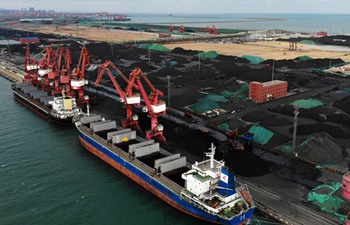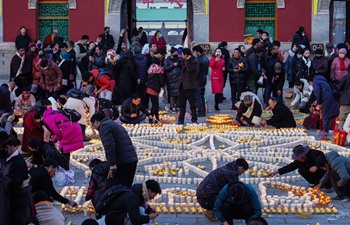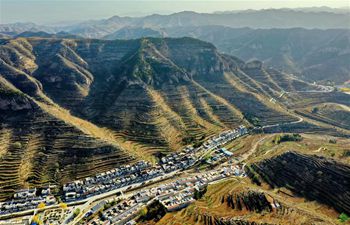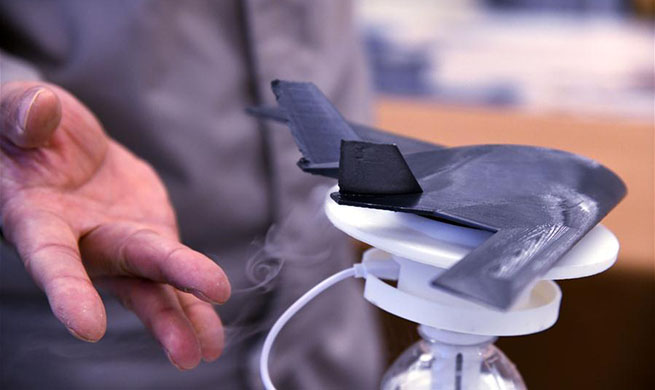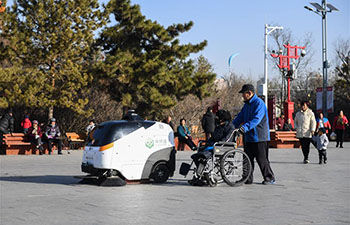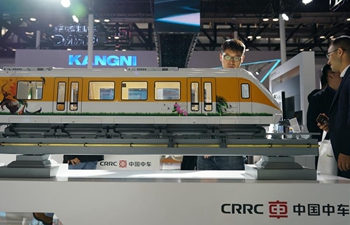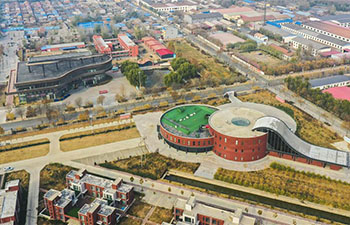TOKYO, Nov. 22 (Xinhua) -- The Japanese government said Friday that an intelligence-sharing pact with South Korea will not be ended, with Seoul in the 11th hour before the pact was to expire informing Tokyo that it had conditionally suspended its prior decision to end the agreement.
The General Security of Military Information Agreement, known as GSOMIA, is a bilateral military intelligence-sharing accord signed between both countries in November 2016, which has enabled the two neighbors to share military information.
The accord comes up for renewal each year, but can be cancelled by either party giving notice by Aug. 24, which South Korea had done prior to its sudden reversal on Friday.
Japan had been urging South Korea not to cancel the pact and had called on South Korea to "act prudently" regarding the pact, but Seoul had suggested its decision to scrap the pact could be reviewed if Japan undoes its tightening of export controls on South Korea.
The previous discord over the intel-pact is a result of sinking ties between Tokyo and Seoul owing to a wartime labor dispute between both sides spilling over into a bitter tit-for-tat trade and military dispute.
Japan has stuck to its line that rulings made by South Korea's top courts for Japanese firms to pay compensation to the plaintiffs connected to a row over forced wartime labor, are not in line with international law and run contrary to the foundation of friendly and cooperative relations between the two neighbors since the 1965 normalization of diplomatic ties.
Japan did use numerous forced laborers during its 1910-1945 colonial rule of the Korean Peninsula, but it insisted that the matter of compensation for this was "finally and completely" resolved under the pact.
Japan hit back with tighter export controls on some materials used in high-tech products by South Korean firms, including some essential for use in smartphone displays and chips, mainstays of South Korea's tech-forward economy and integral to some key supply chains that flow from Japan and through South Korea onward.
It went on to remove South Korea from its "whitelist" of nations entitled to simplified export control procedures, with the removal of South Korea from the list marking the first time Japan has revoked a countries' trusted trade status.
South Korea retaliated by taking Japan off of its own "whitelist" of trusted trade partners and announced tighter restrictions on certain imports from Japan, including coal ash and some waste recycling materials.
Later, it announced the decision to scrap the GSOMIA with Japan. The pact would have lapsed at midnight, had South Korea not decided to conditionally extend the key military pact with Japan.

